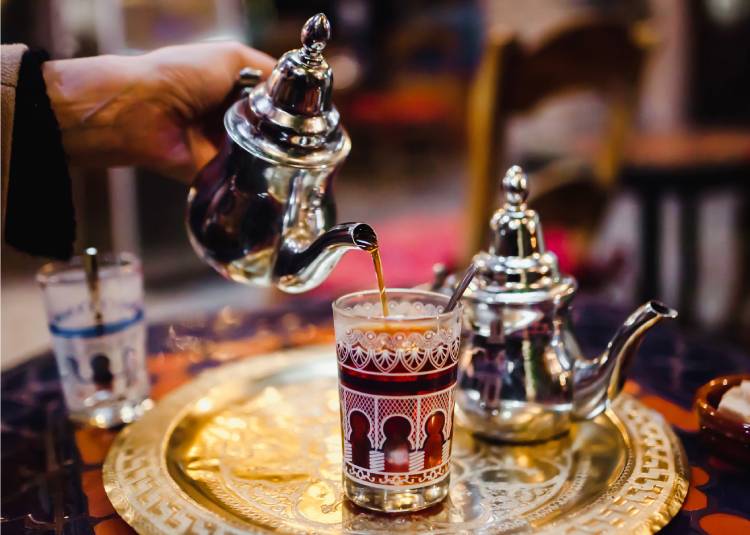Arabs have strong family bonds and prioritize their families. They also have great respect for elders which can be traced back to Islam. Arabs are also very hospitable and will offer food and drink to guests. They may also stand close to you when talking as this is quite normal in Arab culture.

The Importance of Family
Arabs have always placed a great importance on family. For them, family is not just a group of people who are related to each other by blood. Family is also the community to which they belong and owe their loyalty. This is why Arabs have always emphasized the need for strong family ties and close relationships.
Arab culture traditionally emphasizes the extended family and community. In most Arab countries, raising a child is considered to be a communal responsibility. The extended family provides support and assistance to parents in all aspects of child-rearing.
Islam has also had a great impact on Arab culture. The Islamic faith encourages close family ties and strong relationships. Muslims believe that families should be united in order to achieve success in this life and in the hereafter.
The importance of family is one of the most important aspects of Arab culture. Arabs believe that families should be close-knit and united in order to achieve success in both this life and the next.
The Significance of Religion
Religion is a significant part of Arab culture and society. Islam, the dominant religion in the Arab world, has been most profoundly affected by this. The various religions the Arabs have adopted throughout their history and the various empires and kingdoms that have ruled and took lead of the Arabian Peninsula have all had an impact on Arab culture.
Just as Americans are of mixed race, ethnic and religious backgrounds, so too are Arabs. In Arab culture, religion is a cornerstone of society. The stereotypical person living in the Middle East follows Islam, and indeed, this is true for many Arabs. However, it must be emphasized that there is no “one” Arab culture or society. Religion does play a role in Arab politics in many countries, but it is not the only factor. Throughout history extremists, tyrants, dictators, and many religious leaders have contorted the meaning of various religions to meet their political needs.
The Role of Hospitality
Arabs are well known for their hospitality and generosity, especially when it comes to food. When a guest is over, they will move the meat or any other important dish to the guest's side of the table. If the guest declines, they will insist. This is because in Islam and Christianity, when one is near food she/he is in God's presence. Arabs believe that by offering food to their guests, they are showing their generosity and hospitality.
The Value of Education
Arabs have always placed a high value on education and the importance of learning. For centuries, Arab culture has been renowned for its love of learning and academic achievement. However, in recent years, many Arab education systems have been failing to prepare students to compete in today's global, democratic society.
There is a need for more Arab culture in education in order to instill values such as tolerance and respect for diversity. Drinking tea is one way to navigate cultural differences and build relationships between people of different backgrounds.
The Influence of the Arts
The arts have been shown to have a profound influence on individuals and society as a whole. From providing pleasure and improving skills to enhancing physical and mental well-being, the benefits of engagement with the arts are numerous. By studying various perspectives and encouraging communication between cultures, art can be used to promote understanding and change people's opinions on important issues.
What's more, art can inspire people to become change-makers in their communities. With the rise of the internet, the reach of the performing arts is expanding exponentially, making it easier than ever before for people to enjoy and appreciate the arts.
Comments
Post a Comment